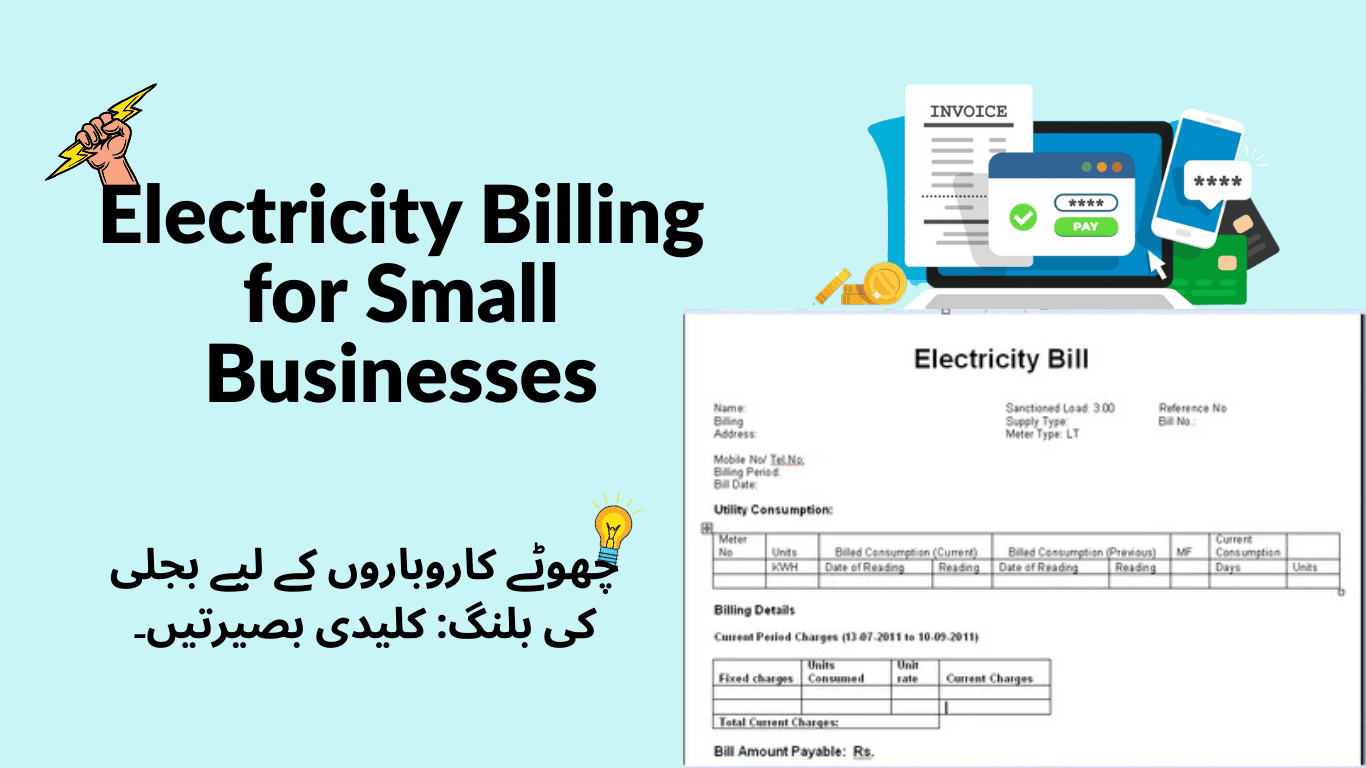As a small business owner, you might be focused on operations, marketing, or customer service, but understanding your electricity billing for commercial units is just as crucial for your bottom line. Often, businesses overlook key details about their electricity bills, leading to overpayments and wasted expenses. Whether you're running a retail store, office space, or a manufacturing unit, knowing how to manage your commercial electricity billing can significantly reduce unnecessary costs.
Many small businesses don't realize that commercial electricity rates differ greatly from residential rates. These differences, along with hidden charges and peak demand pricing, can add up quickly. If you haven't reviewed your bill lately, it's time to pay attention to what's really driving your costs.
Understanding Commercial Electricity Billing Basics
The first step in mastering your business electricity costs is to understand how your bill is structured. Commercial electricity rates are typically higher than residential rates because businesses use more power and often at different times. Additionally, commercial units might be subject to additional fees, such as demand charges and peak demand pricing, which residential users usually don't face.
In your bill, the demand charge is based on the highest level of electricity you use during a specific period. This charge can be a significant portion of your total bill, especially if your business experiences sudden spikes in energy use.
By choosing the right plan, you can better manage these fluctuations. Switching to a time-of-use (TOU) plan may allow you to avoid high demand charges by shifting your energy use to off-peak hours. This is where understanding how to reduce business electricity bills can make a big difference in savings.
Suppose your business is located in a region served by GEPCO. In that case, you can easily check your GEPCO online bill check to ensure there are no unexpected charges and verify your payment details.
Key Differences between Residential and Commercial Billing
One of the main differences between commercial electricity billing and residential billing is the way charges are applied. While residential bills are relatively straightforward, commercial electricity billing for small businesses includes a variety of factors like demand charges, tariffs, and energy surcharges. These added costs can lead to surprises if you're not familiar with how your bill is calculated. For example, demand charges are applied when you use electricity in large amounts during a short period. Many small business owners don't realize that their business's energy consumption during peak times could be causing a huge surge in costs. Peak demand pricing can increase your bill substantially, and if you're not monitoring your usage carefully, these charges can go unnoticed.
Common Mistakes Small Businesses Make
Many businesses make common mistakes when it comes to managing their electricity bills. These errors can easily lead to overpaying for energy.
Ignoring Demand Charges
One of the most frequent mistakes small businesses make is ignoring demand charges. These charges can make up a large portion of your electricity bill, especially if your company has sporadic spikes in energy usage. Monitoring these fluctuations and adjusting your usage accordingly can save a significant amount of money.
Choosing the Wrong Rate Plan
Another mistake is selecting the wrong electricity rate plan for your business's needs. Some small companies end up with a flat-rate plan, which may not always be the most cost-effective option. If your business tends to use energy at night, switching to a time-of-use plan can help lower your energy costs. It’s important to do a business electricity plan comparison to find the best deal for your company.
Not Monitoring Peak Usage Times
Many small business owners fail to monitor peak usage times, which is another common mistake. Energy use during peak hours can be more expensive due to peak demand pricing. By being mindful of your business’s usage patterns and shifting operations to off-peak hours, you can drastically reduce your energy bills.
What to Look for on Your Commercial Electricity Bill
When reviewing your commercial electricity bill, there are several important aspects to look for:
- Demand Charges: This is a fee that’s applied when your energy usage exceeds a certain threshold during peak periods.
- Rate Plan: Make sure your current rate plan is suited to your business’s usage pattern.
- Hidden Fees: There could be hidden charges in business electricity bills that you’re unaware of. For instance, administrative fees, connection charges, or late fees might be creeping into your bill without your knowledge.
It’s essential to take the time to analyze your utility bill thoroughly each month. By identifying any unnecessary charges, you can work with your utility provider to eliminate or reduce them.
Tips to Reduce Electricity Costs for Small Businesses
There are many ways to reduce your business's electricity costs and maximize energy efficiency. Here are a few practical tips:
- Switch to Energy-Efficient Equipment: Upgrading to LED lights, energy-efficient appliances, and high-efficiency HVAC systems can lower your overall energy consumption.
- Shift Usage to Off-Peak Hours: If your business operates during both day and night, consider switching to a time-of-use plan to take advantage of lower rates during off-peak hours.
- Perform an Energy Audit: Scheduling a professional energy audit for your small business can help you identify inefficiencies in your energy consumption and suggest areas where you can save.
Taking these steps can drastically cut down on small business energy costs, allowing you to reinvest those savings into other areas of your business.
When to Consider a Professional Energy Audit
An energy audit is a detailed review of your business’s energy usage. Hiring a professional auditor can help identify areas where your business is wasting electricity. From old equipment to poorly managed heating and cooling systems, an energy audit can uncover inefficiencies and recommend changes that can save your company a lot of money.
If your business is facing high electricity bills despite energy-efficient appliances, an energy audit for small companies might be the answer. You may even discover hidden charges or faulty equipment that are causing unnecessary energy consumption.
Conclusion
Understanding your electricity billing for commercial units and how to reduce your small business electricity costs is crucial for your business’s financial health. By staying informed about your energy usage, selecting the right plan, and regularly monitoring your bills, you can keep your expenses under control. To get started, download our free business electricity cost checklist and ensure you’re not missing any critical information on your commercial electricity bill. Taking charge of your energy costs today can result in big savings tomorrow.


Leave a Comment